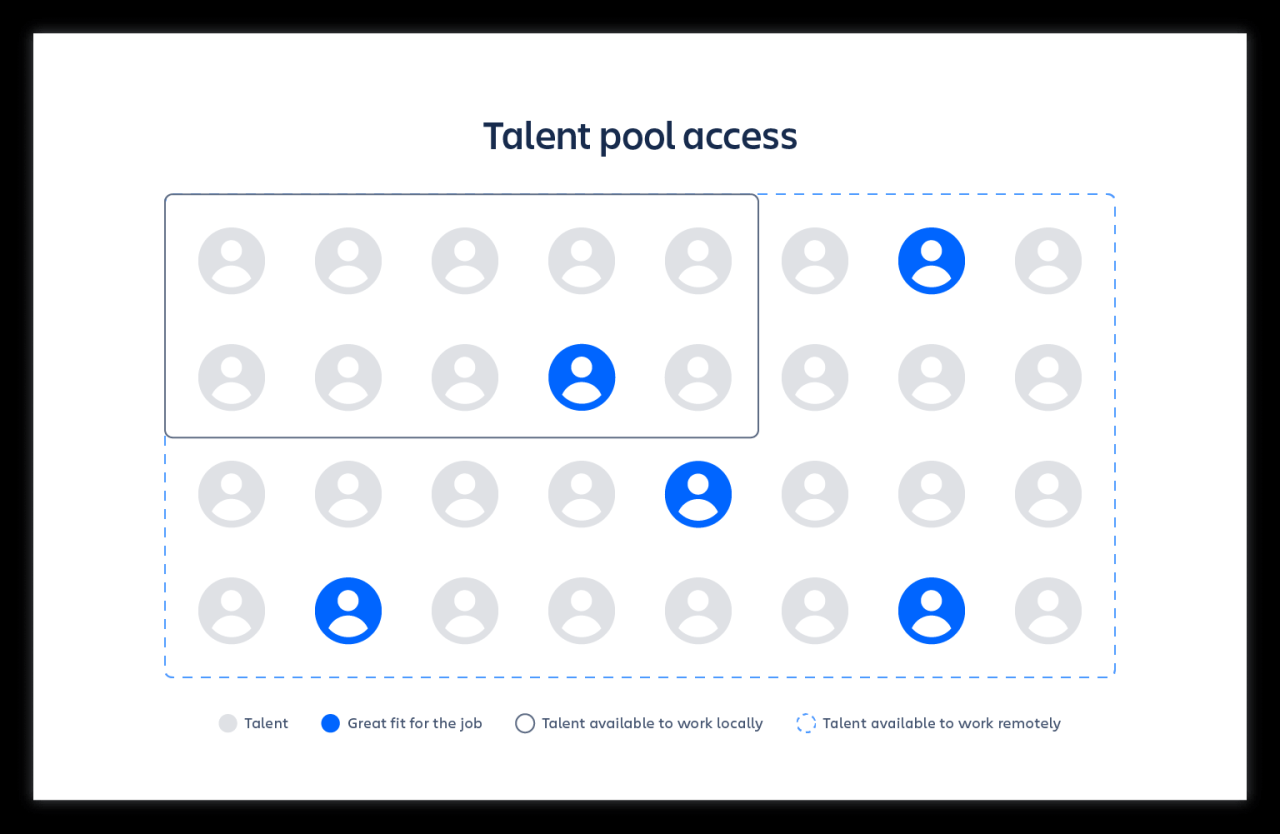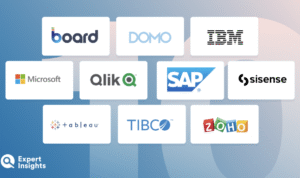Benefits of Cloud BI for Remote Workforces invites you to explore the revolutionary impact of cloud-based business intelligence tools on remote teams. As organizations adapt to the modern workplace, these solutions empower employees to harness data from anywhere, seamlessly driving collaboration and informed decision-making. With the ability to analyze real-time metrics and access insights on-the-go, cloud BI transforms the way remote workforces operate, bringing unprecedented efficiency and clarity.
In this era of digital transformation, understanding the significance of cloud BI tools is vital for remote teams aiming to thrive. These platforms not only centralize data but also facilitate shared access, enabling employees to work cohesively regardless of their physical locations. This integration of technology and business strategy not only enhances productivity but also fosters a culture of data-driven decision-making, which is essential for success in a competitive landscape.
In an age where convenience and accessibility shape our daily lives, the importance of understanding and harnessing the power of technology cannot be overstated. As we navigate through a digital landscape that evolves at a breathtaking pace, it’s pertinent to understand not only how these advancements can benefit us but also how they can disrupt our daily routines and societal structures.
This article endeavors to unpack the multifaceted impact of technology on our lives, from enhancing communication to transforming industries, and ultimately, shaping the very fabric of society.First and foremost, let’s explore the transformative power of technology in communication. The advent of smartphones and social media platforms has revolutionized how we connect with one another. Gone are the days when a simple phone call or a handwritten letter sufficed.
Now, with a few taps on a screen, we can share our thoughts, experiences, and emotions with friends and family across the globe in real time. Platforms like Facebook, Twitter, and Instagram have not only bridged geographical divides but have also fostered a sense of community among individuals with shared interests and values. Moreover, technology has empowered marginalized voices, providing a platform for social movements and activism.
The rise of hashtags like #BlackLivesMatter and #MeToo exemplifies how digital tools can amplify important conversations surrounding social justice and equality. This newfound ability to mobilize and unite people under a common cause demonstrates technology’s potential to inspire change and encourage accountability.However, as we embrace these advancements, we must also acknowledge the challenges that accompany them. The prevalence of misinformation and cyberbullying serves as a stark reminder of the darker side of our digital existence.

With the vast amount of information available at our fingertips, distinguishing fact from fiction has become increasingly difficult. Users must navigate this complex ecosystem with discernment, developing critical thinking skills to discern credible sources from unreliable ones.Moving beyond communication, technology has undeniably transformed various industries, leading to improved efficiency and productivity. In healthcare, for example, telemedicine has emerged as a game-changer, allowing patients to consult with healthcare professionals from the comfort of their homes.
This not only reduces the burden on healthcare facilities but also increases access to medical care for those in remote or underserved areas. Furthermore, advancements in artificial intelligence and machine learning are revolutionizing diagnostics and treatment planning, heralding a new era in patient care.In the realm of business, technology has paved the way for the rise of e-commerce, enabling consumers to shop from anywhere at any time.
The convenience of online shopping has forced traditional brick-and-mortar stores to adapt or risk obsolescence. Retailers must now prioritize creating seamless omnichannel experiences that cater to the preferences of the modern consumer. With the integration of data analytics, businesses can gain deeper insights into customer behavior, allowing them to tailor their offerings and marketing strategies more effectively.Yet, the rapid pace of technological innovation also brings forth ethical dilemmas that society must confront.
Questions surrounding data privacy, surveillance, and algorithmic bias are at the forefront of contemporary discourse. As companies collect vast amounts of personal data to enhance user experiences, individuals must grapple with the implications of sharing their information. Striking a balance between innovation and ethical responsibility is paramount to ensuring that technology serves as a force for good rather than a tool for exploitation.Education, too, has experienced a significant transformation through technology.
The integration of digital tools in classrooms has made learning more engaging and interactive. Students can now access a wealth of resources online, collaborate with peers across borders, and participate in virtual learning environments. Adaptive learning technologies have the potential to personalize education, catering to the unique needs and learning styles of each student. However, this shift also raises concerns about the digital divide, as not all students have equal access to the necessary technology and internet connectivity.As we contemplate the future, the role of technology in shaping our societies will only continue to evolve.
Emerging technologies such as blockchain and quantum computing hold immense promise, poised to disrupt traditional systems in ways we can only begin to imagine. However, with great power comes great responsibility. It is crucial for stakeholders—governments, businesses, and individuals—to engage in thoughtful discussions about the ethical implications of these advancements and work collaboratively to create a future that benefits all.In conclusion, the impact of technology on our lives is profound and far-reaching.
From transforming communication and healthcare to revolutionizing education and business, technology offers unprecedented opportunities for growth and development. Yet, as we embrace these changes, we must remain vigilant about the challenges they present. By fostering a culture of critical thinking, ethical responsibility, and inclusivity, we can harness the power of technology to create a better, more equitable world for future generations.
The journey ahead may be fraught with obstacles, but it is also filled with boundless potential. Let us embrace the possibilities and strive for a future where technology enhances the human experience in meaningful ways.











